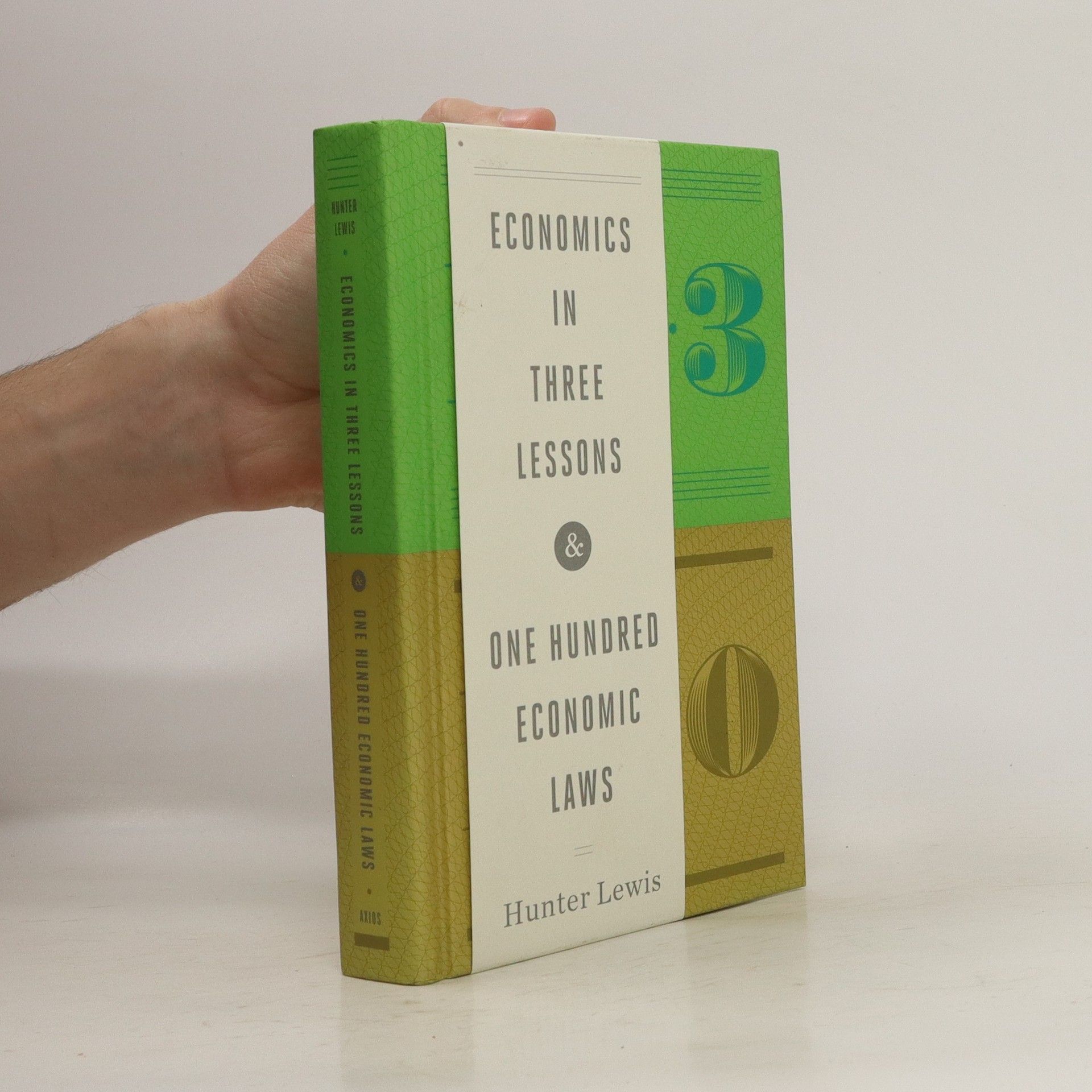Economics in Three Lessons and One Hundred Economics Laws
- 403 páginas
- 15 horas de lectura
Economics in Three Lessons Henry Hazlitt's 1946 book Economics in One Lesson sold more than a million copies. It is perhaps the best selling economics book of all time. In this volume, Hunter Lewis, a Hazlitt admirer and student, provides a sequel and update. The great merit of this volume is its simplicity. Anyone can read and understand it. It is an ideal introduction to economics. One Hundred Economic Laws In this groundbreaking volume, Lewis does what no one has attempted to do. It collects in one place some of the most important laws of economics. Everyone understands the importance of the laws of physics. Are there also laws of economics? Can understanding them also make our lives better? This volume answers with a resounding yes. This short book is also a complete course in economics written in a lively and sparkling style.
